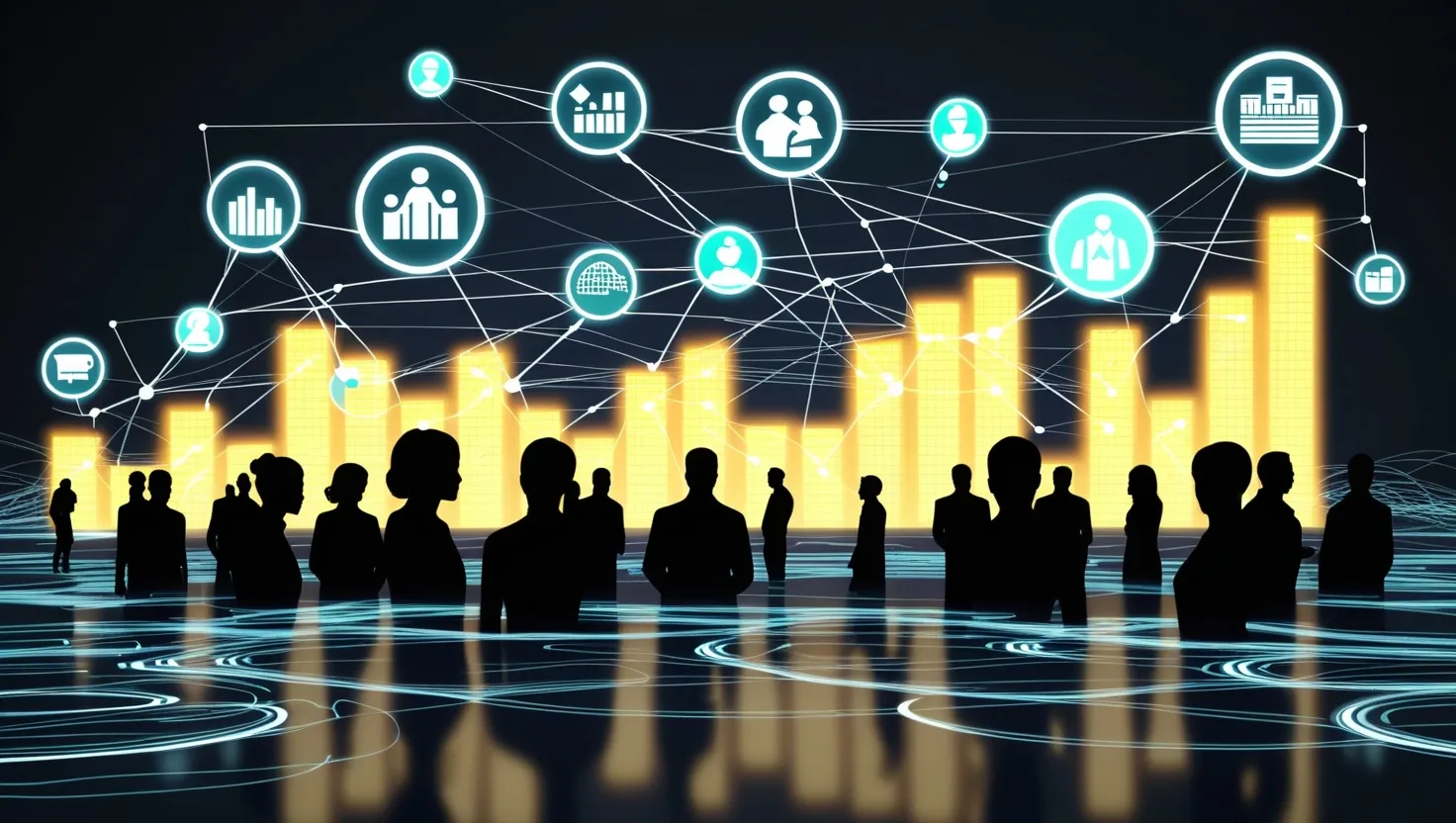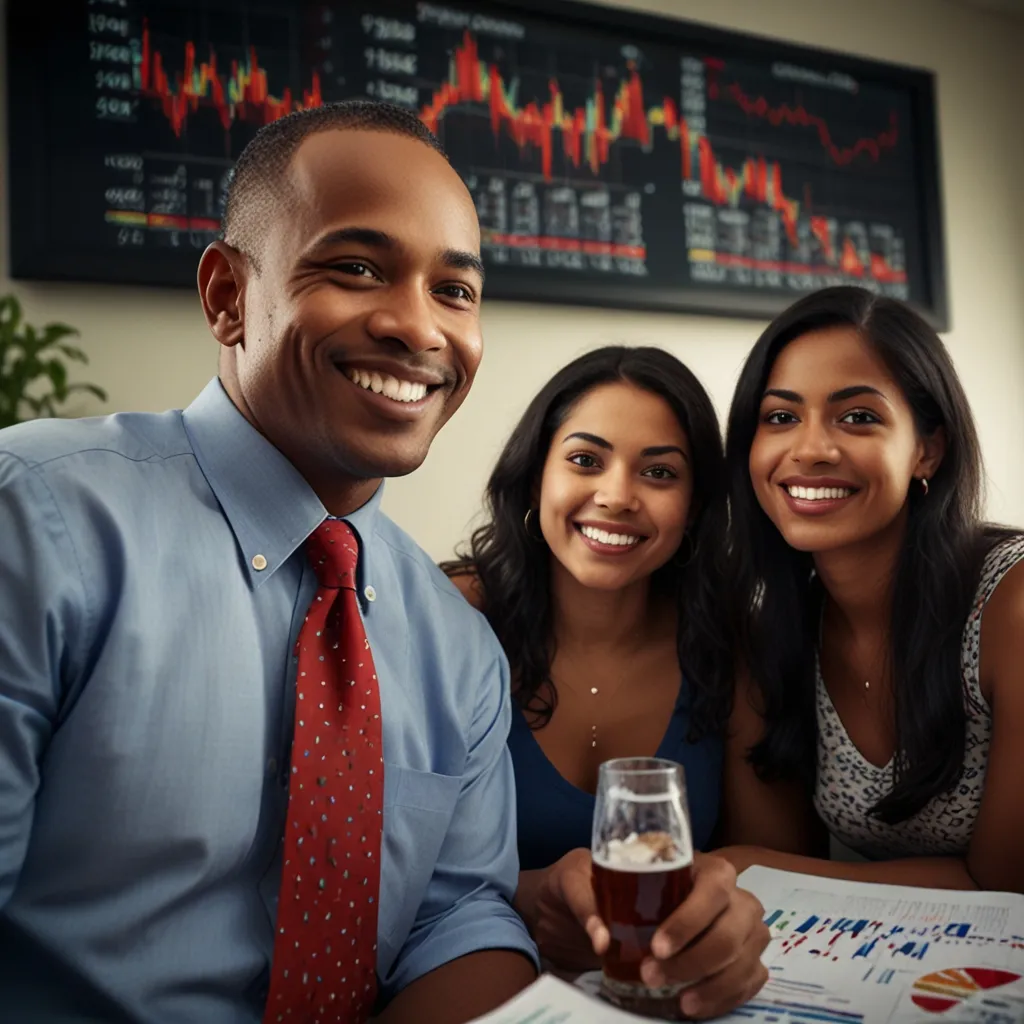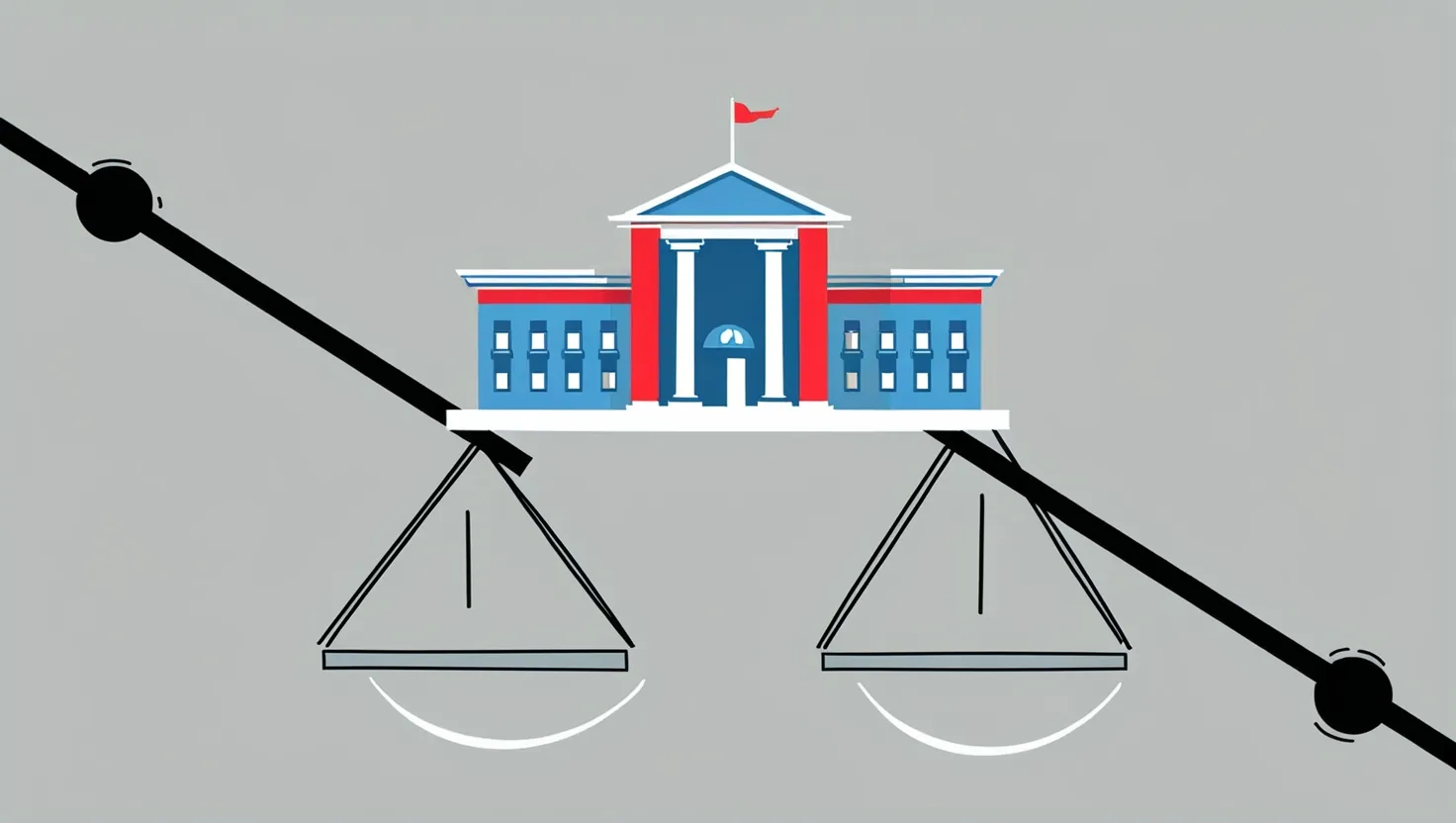In the vast and intricate landscape of financial markets, a relatively new and fascinating concept has emerged: synthetic futures markets. These markets allow individuals to trade on the outcomes of future events, ranging from election results and economic indicators to scientific breakthroughs and even pandemic responses. This innovative approach leverages market forces to aggregate information, forecast probabilities, and harness collective intelligence in ways that are both intriguing and complex.
The Wisdom of Crowds
The idea behind synthetic futures markets is rooted in the concept of the “wisdom of crowds,” which suggests that the collective judgment of a large group of people can often be more accurate than the judgment of any single individual. By allowing people to bet on the outcomes of future events, these markets tap into this collective wisdom, creating a dynamic where the prices of synthetic futures contracts reflect the market’s consensus on the likelihood of various outcomes.
For instance, during election seasons, synthetic futures markets can provide real-time insights into the perceived chances of different candidates winning. These markets are not just speculative playgrounds but also valuable tools for political analysts and strategists who seek to understand public sentiment and predict election outcomes more accurately.
Ethics and Profitability
However, the notion of profiting from world events raises significant ethical questions. Is it morally justifiable to make money from betting on the outcome of elections, natural disasters, or even the success of medical research? Critics argue that such markets can create perverse incentives, where individuals might wish for certain outcomes simply because they have a financial stake in them.
On the other hand, proponents argue that these markets provide a unique mechanism for aggregating and disseminating information. By allowing people to put their money where their predictions are, synthetic futures markets can uncover hidden patterns and trends that might not be apparent through traditional forecasting methods.
Applications in Politics and Pandemic Response
Synthetic futures markets have found practical applications in various fields, including politics and public health. During the COVID-19 pandemic, these markets were used to predict the spread of the virus, the effectiveness of different vaccines, and the timing of economic recoveries. By aggregating the predictions of a diverse group of participants, these markets provided valuable insights that helped policymakers make more informed decisions.
For example, a synthetic futures market might have allowed participants to bet on the likelihood of a new variant of the virus emerging within a certain timeframe. The prices of these contracts would reflect the collective assessment of the risk, providing a real-time indicator of the perceived threat level. This information could then be used by health authorities to allocate resources more effectively and prepare for potential outbreaks.
Risk Management and Public Policy
One of the significant benefits of synthetic futures markets is their potential to enhance risk management. By providing a platform where risks can be traded, these markets allow individuals and organizations to hedge against potential future events. For instance, a company that is heavily dependent on global supply chains might use synthetic futures to hedge against the risk of future disruptions due to geopolitical events or natural disasters.
In the realm of public policy, synthetic futures markets can serve as a tool for policymakers to gauge public sentiment and make more informed decisions. For example, a government considering a major policy change might use a synthetic futures market to predict the public’s reaction to the change. This could help in fine-tuning the policy to better align with public expectations and reduce potential backlash.
Harnessing Collective Intelligence
The use of synthetic futures markets to harness collective intelligence is a promising area of research and application. These markets can be designed to aggregate predictions from a diverse group of participants, including experts, laypeople, and even AI systems. By combining these different perspectives, synthetic futures markets can produce forecasts that are more accurate and robust than those generated by any single source.
For instance, in the field of scientific research, synthetic futures markets could be used to predict the likelihood of breakthroughs in areas such as renewable energy or medical research. By involving a broad range of participants, including scientists, investors, and the general public, these markets can uncover hidden patterns and trends that might indicate the potential for significant advancements.
Human Behavior in Complex Systems
Synthetic futures markets also offer a unique lens through which to study human behavior in complex systems. By analyzing how participants make predictions and how these predictions evolve over time, researchers can gain insights into how people process information, form opinions, and make decisions under uncertainty.
For example, studies have shown that participants in synthetic futures markets often exhibit biases and heuristics that can influence their predictions. Understanding these biases can help in designing better forecasting tools and improving the overall accuracy of the markets.
Conclusion
Synthetic futures markets represent a fascinating intersection of finance, technology, and human behavior. While they raise important ethical questions, they also offer significant benefits in terms of information aggregation, risk management, and public policy. As these markets continue to evolve, they are likely to play an increasingly important role in how we predict and prepare for future events.
Whether you are a policymaker seeking to gauge public sentiment, a business looking to hedge against future risks, or simply an individual curious about the future, synthetic futures markets provide a compelling way to engage with the complexities of the world around us. By leveraging the collective wisdom of the crowd, these markets offer a powerful tool for navigating the uncertainties of the future.






